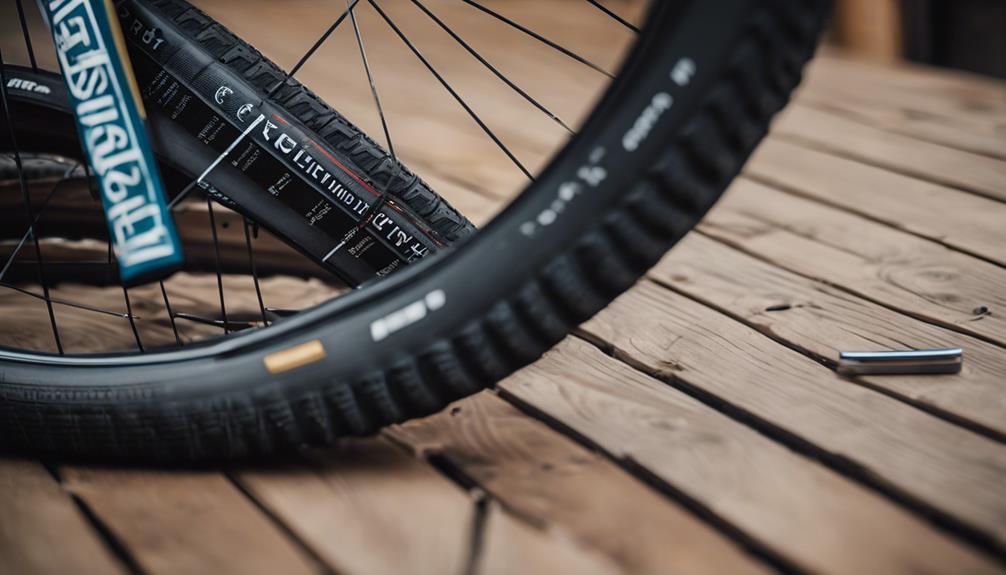Mini bikes, also known as pocket bikes, are small, lightweight motorcycles designed for agility and speed. Popular among enthusiasts for recreational riding and racing, their compact size makes them appealing for both children and adults. However, the legality of mini bikes can vary significantly based on location, raising questions about where they can be ridden, who can operate them, and what regulations apply. This article explores the legal status of mini bikes across different regions, common regulations regarding their use, and safety considerations for riders.
Understanding the Definition of Mini Bikes and Their Usage
Mini bikes are typically defined as small motorcycles that have a seat height of less than 30 inches and a displacement of less than 50cc. They are often characterized by their lightweight frames and unique designs, which can resemble larger motorcycles but are intended for use on various terrains, including off-road trails and racing circuits. The primary usage of mini bikes includes recreational riding, racing events, and sometimes casual neighborhood cruising.How High Should Bike Handlebars BeHow To Wrap A Bike For XmasMiley Cyrus Exercise And Diet
Despite their small size, mini bikes can reach significant speeds, making them both fun and potentially dangerous. Their size allows for maneuverability in tight spaces, making them popular among younger riders. However, this also necessitates a deeper understanding of local laws to ensure safe and legal operation. Without clarity on what constitutes a mini bike, users may inadvertently violate regulations or face penalties.
Legal Status of Mini Bikes Across Different States
The legal status of mini bikes varies widely across the United States, with each state implementing its own set of laws and regulations. In some states, mini bikes are classified similarly to bicycles, allowing them to be ridden without a license or registration. Conversely, other states categorize them as motor vehicles, necessitating licensing, registration, and insurance. This disparity creates confusion for riders who may assume a level of legality based on their state’s general motorcycle laws.
Additionally, certain municipalities within states may impose even stricter regulations regarding the use of mini bikes. For instance, some urban areas may prohibit riding mini bikes on public roads entirely, while rural areas may have more lenient rules. As such, it is crucial for riders to research not only their state laws but also local ordinances to ensure compliance and avoid potential legal issues.
Common Regulations Governing Mini Bike Operation
Across various jurisdictions, common regulations governing mini bike operation often include requirements for registration, insurance, and licensing. In states where mini bikes are classified as motor vehicles, riders may be required to obtain a motorcycle endorsement on their driver’s license, thereby proving their competence in handling such vehicles. Additionally, registration may involve a fee and a process similar to that for larger motorcycles, which can be a barrier for some potential riders.
Moreover, regulations frequently address where mini bikes can be operated. Many regions prohibit riding on public roads or highways, limiting use to private property, designated trails, or off-road areas. These restrictions aim to ensure the safety of both riders and pedestrians, as mini bikes can pose risks when operated in areas meant for larger vehicles. Understanding these regulations is essential for any mini bike enthusiast looking to enjoy their ride legally.
Age Restrictions for Riding Mini Bikes Legally
Age restrictions for riding mini bikes also vary significantly, with some states enforcing minimum age requirements. Many jurisdictions stipulate that riders must be at least 14 years old to operate a mini bike, while others may allow younger riders, provided they are supervised by an adult. These age limits are often in place to ensure that riders possess the maturity and physical capability necessary to handle the vehicle safely.
In some cases, young riders may also be required to complete a safety course or obtain a learner’s permit, similar to the requirements for obtaining a motorcycle license. This added layer of education helps to promote safe riding practices, which can reduce the risk of accidents or injuries among younger riders. Parents and guardians should be aware of these age restrictions to ensure that their children can ride mini bikes legally and safely.
Required Safety Equipment for Mini Bike Riders
Safety equipment is a crucial aspect of riding mini bikes, with many states mandating specific gear to enhance rider safety. Commonly required safety equipment includes helmets, which are essential for protecting the head in case of accidents. Some jurisdictions may also require additional protective gear, such as gloves, knee pads, and elbow pads, to minimize injuries during falls or collisions.
Beyond legal requirements, wearing proper safety gear is highly recommended for all mini bike riders. The compact nature of mini bikes can lead to high-speed falls, and the lack of protective features compared to larger motorcycles makes safety gear even more important. Riders should always prioritize their safety by investing in quality equipment and ensuring it fits properly before heading out on their mini bikes.
The Role of Local Ordinances in Mini Bike Legality
Local ordinances play a significant role in determining the legality of mini bikes within specific communities. While state laws provide a general framework, it is at the local level that regulations often become more detailed and restrictive. Many cities may implement bans on mini bikes in public areas, such as parks and sidewalks, due to safety concerns and noise complaints. Consequently, residents must be vigilant in understanding their local laws to avoid fines or confiscation of their mini bikes.
Furthermore, local authorities may establish designated areas where mini bikes can be legally ridden, such as specific trails or parks designed for off-road use. These areas often come with rules regarding speed limits, maintenance, and permissible riding times. Therefore, riders should familiarize themselves with both state and local regulations to enjoy their mini bikes without legal repercussions.
Consequences of Riding Illegal Mini Bikes
Riding illegal mini bikes can result in a variety of consequences, ranging from fines to legal action. In many jurisdictions, operating a mini bike without proper registration, insurance, or licensing can lead to monetary penalties. Additionally, law enforcement may confiscate the vehicle if it does not comply with local regulations, requiring the owner to navigate a potentially complicated process to retrieve it.
Beyond financial implications, riding an illegal mini bike can expose individuals to liabilities in the event of an accident. Without proper insurance coverage, riders may face significant out-of-pocket expenses for injuries or property damage caused during an incident. This underscores the importance of understanding the legal requirements surrounding mini bike operation to avoid both legal and financial repercussions.
Mini Bikes vs. Motorcycles: Key Legal Differences
The legal classification of mini bikes differs significantly from that of traditional motorcycles, impacting their operation and requirements. Generally, mini bikes fall into a separate category due to their size and engine capacity, often resulting in less stringent regulations. For instance, some states do not require mini bikes to be registered or insured, whereas motorcycles typically must meet these requirements due to their larger engines and greater potential for speed.
Moreover, the licensing requirements for operating mini bikes can be less intensive than those for motorcycles. While motorcycle operators often need a specific endorsement or license, mini bike riders may only need a standard driver’s license in certain jurisdictions. Understanding these distinctions is crucial for riders to ensure they are compliant with the applicable laws governing their specific type of vehicle.
How to Ensure Your Mini Bike Complies with Laws
To ensure that a mini bike complies with local laws, owners should first familiarize themselves with the specific regulations governing mini bikes in their state and community. This includes researching requirements related to registration, insurance, and licensing. If necessary, riders should consult their local Department of Motor Vehicles or other relevant authorities to clarify any uncertainties surrounding the legal status of their mini bike.
Additionally, riders should regularly inspect their mini bike to ensure it meets safety and operational standards mandated by law. This may involve modifications to the vehicle, such as adding lights or reflectors if required, or ensuring that the engine displacement is within legal limits. By taking proactive steps to understand and adhere to local regulations, riders can enjoy their mini bikes without the risk of legal complications.
Resources for Further Information on Mini Bike Legality
For those looking for further information on the legality of mini bikes, several resources can provide guidance. State departments of transportation and local motor vehicle agencies often have detailed information on the regulations applicable in their jurisdictions. Websites dedicated to motorcycle safety and advocacy may also offer insights into safe riding practices and legal compliance.
Additionally, forums and community groups focused on mini bike riding can be valuable resources for firsthand experiences and advice from fellow riders. These platforms often share updates on changing laws, safety tips, and best practices, fostering a supportive environment for mini bike enthusiasts. Engaging with these resources can help riders stay informed and ensure they operate their mini bikes legally and safely.
In conclusion, the legality of mini bikes is a nuanced topic that varies significantly across different states and localities. Riders must be aware of their specific regulations regarding licensing, registration, age restrictions, and safety equipment to operate their mini bikes legally and responsibly. By taking the time to educate themselves and remain compliant with applicable laws, mini bike enthusiasts can enjoy their riding experience without the burden of legal consequences. Whether for recreation or competition, understanding the legal landscape is essential for safe and enjoyable mini bike riding.


